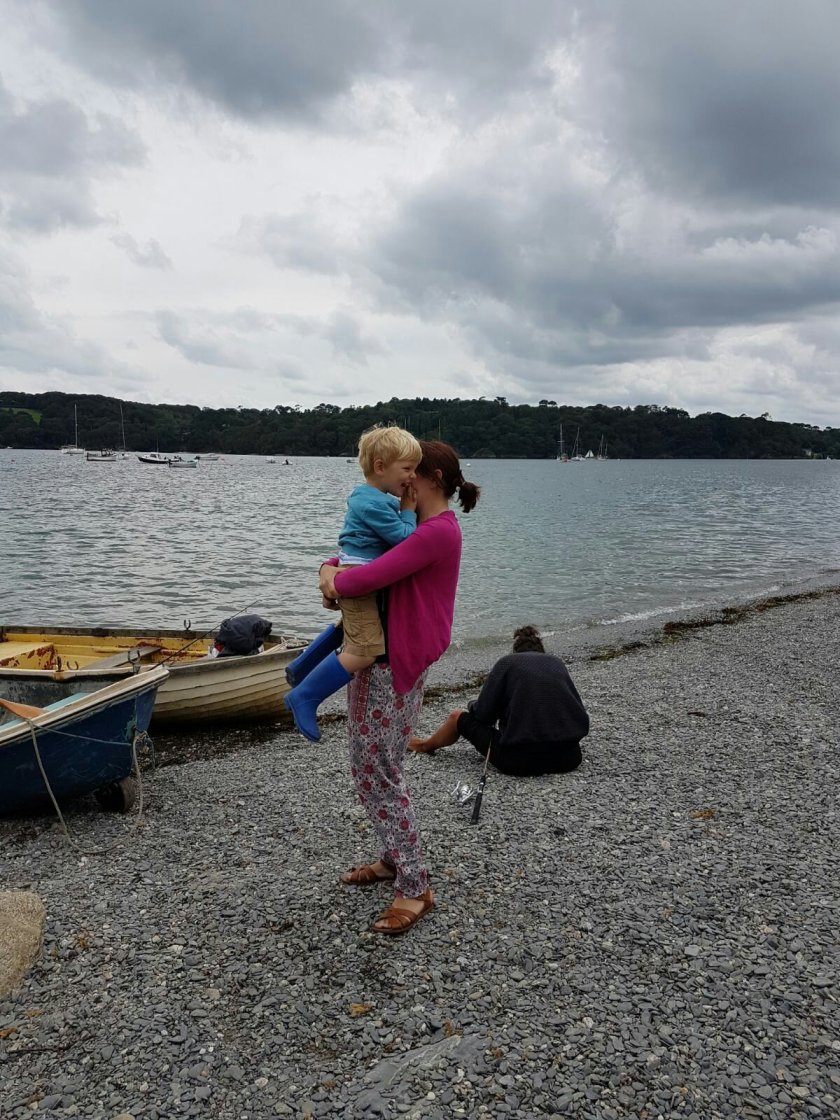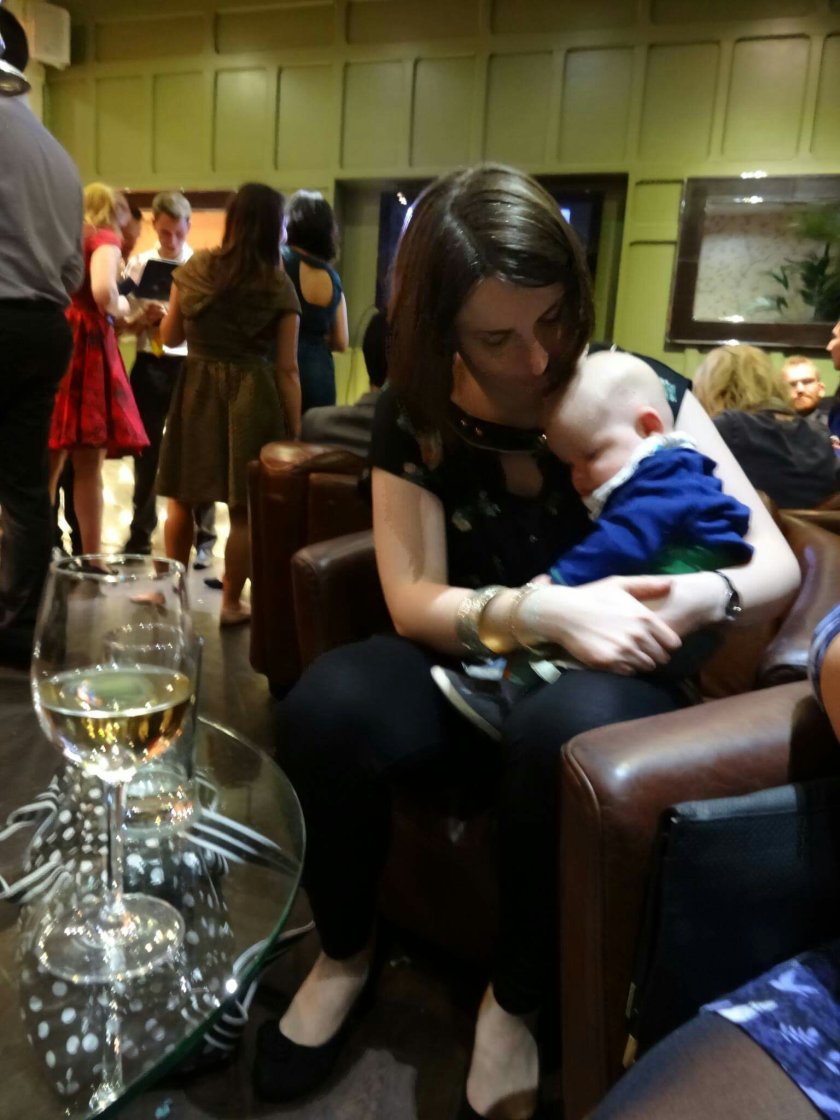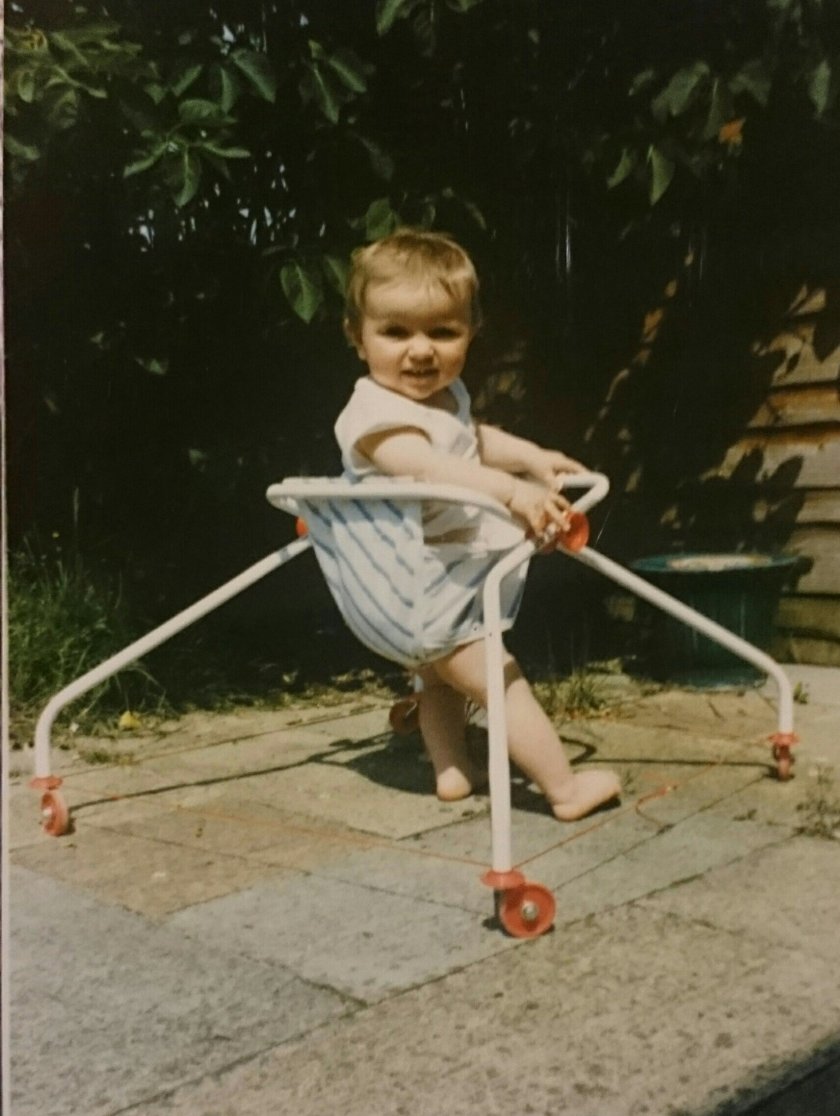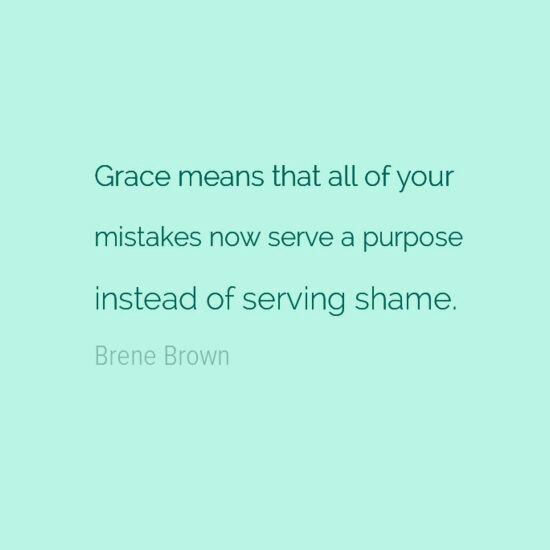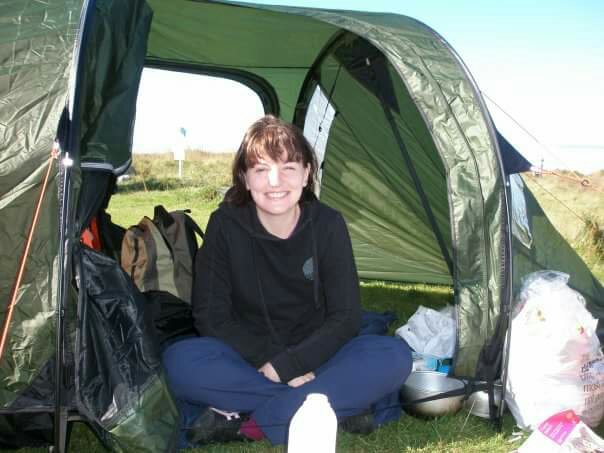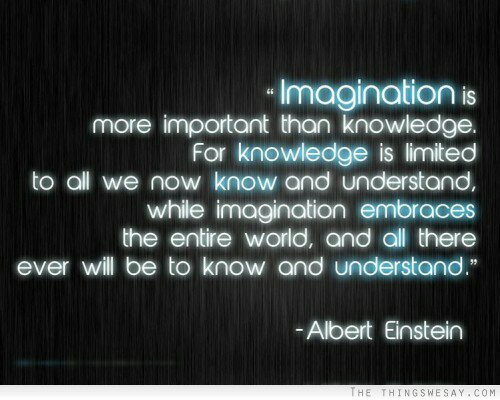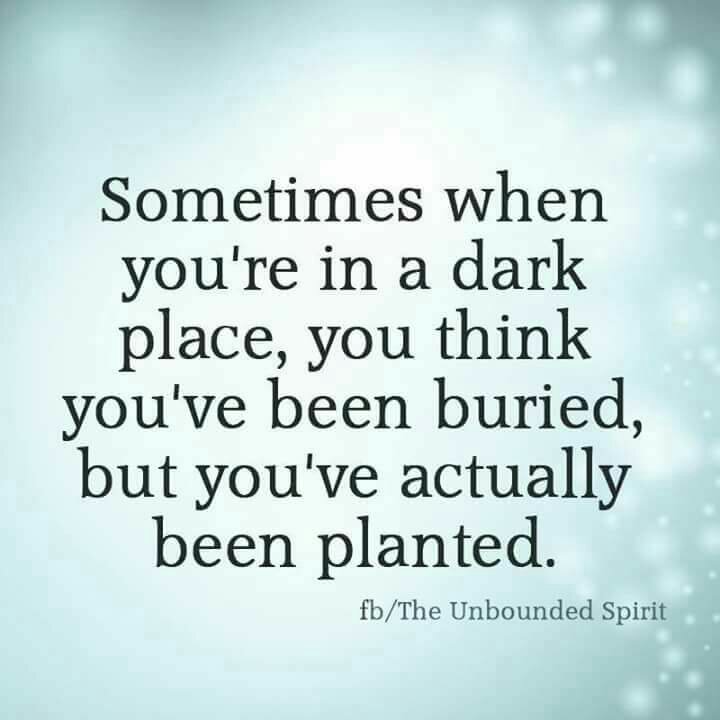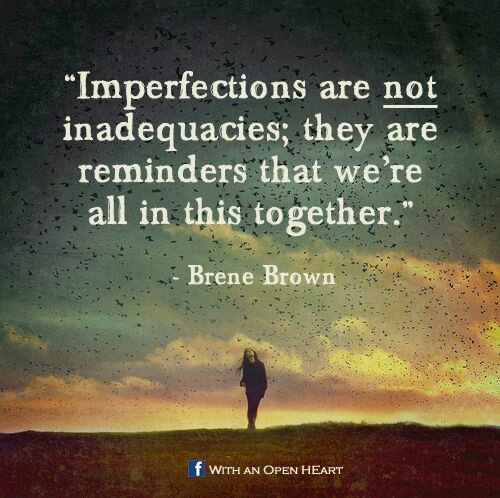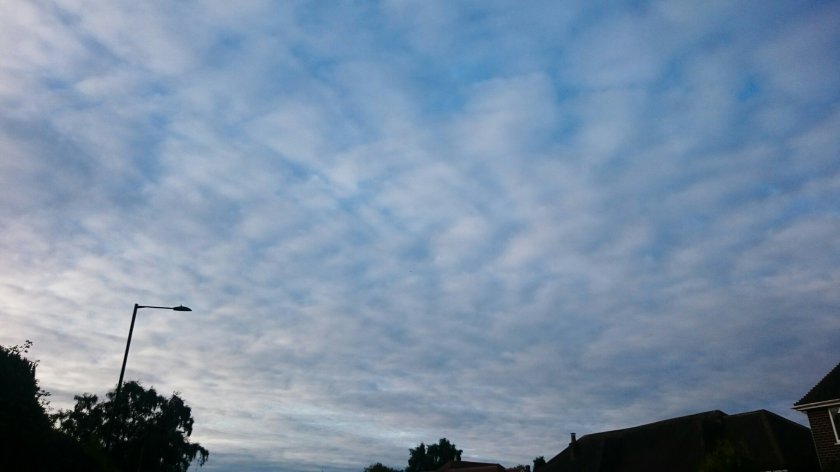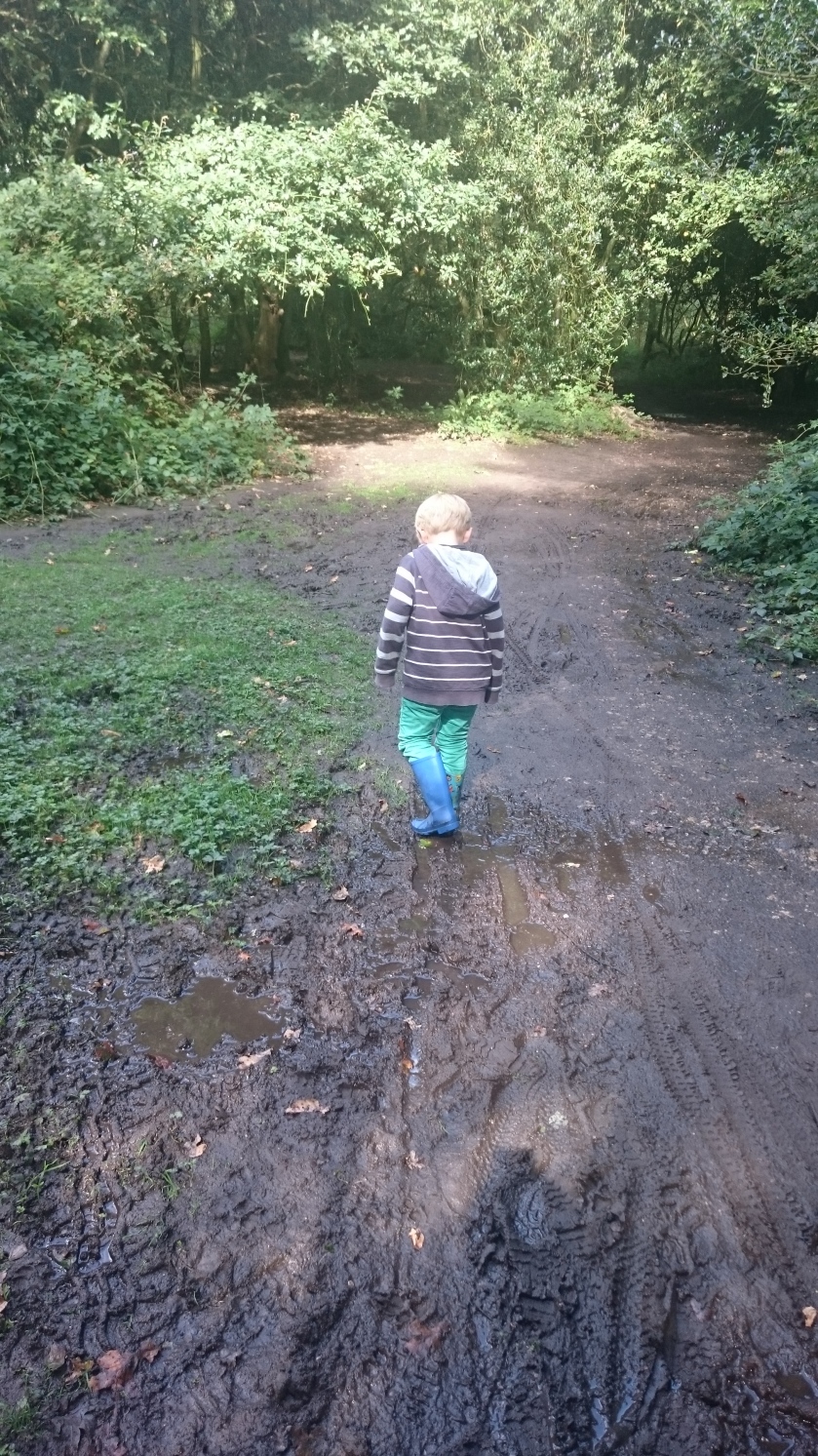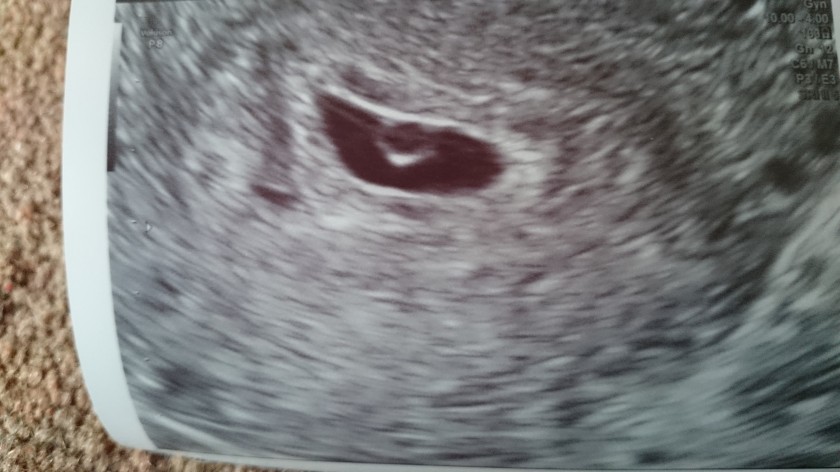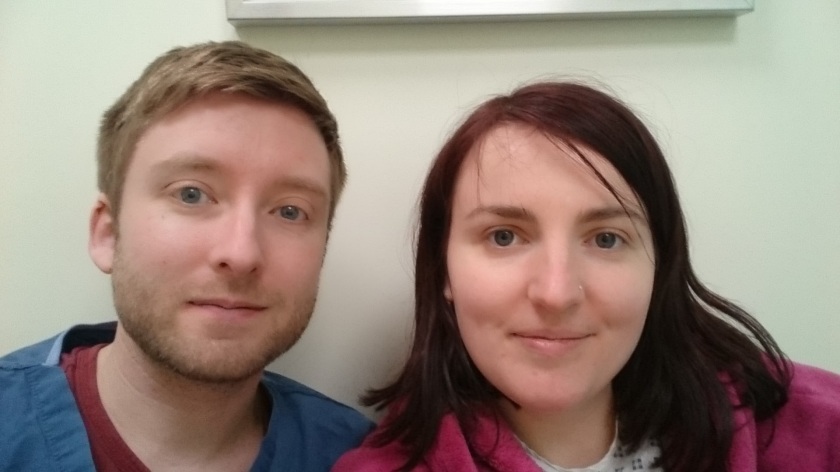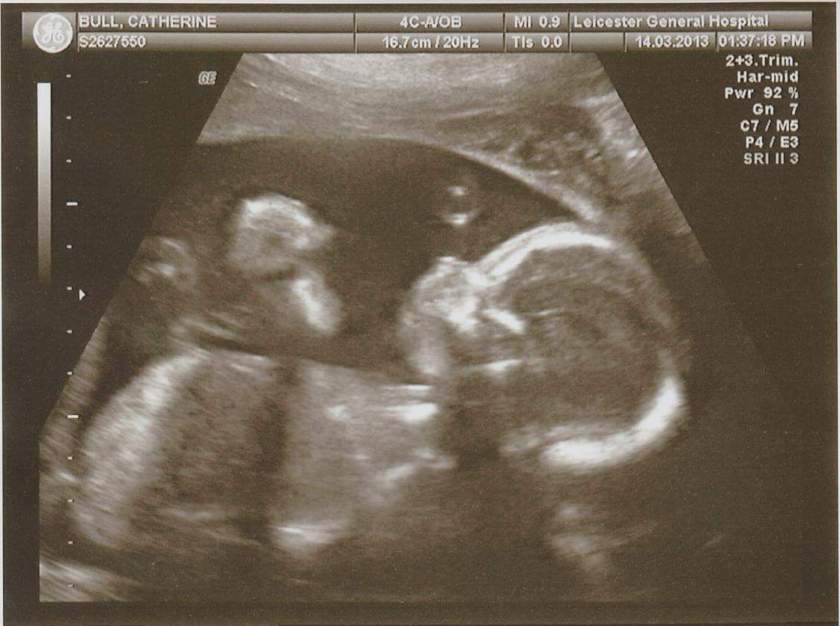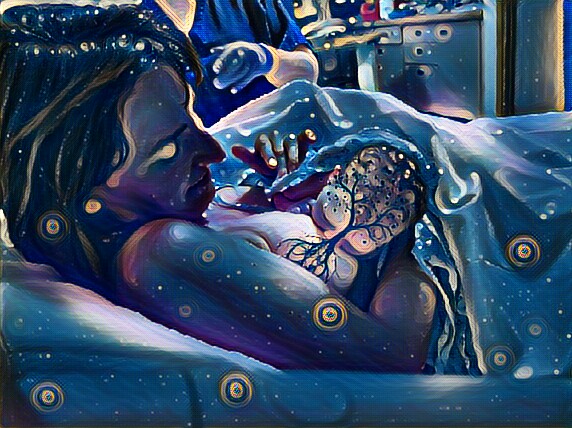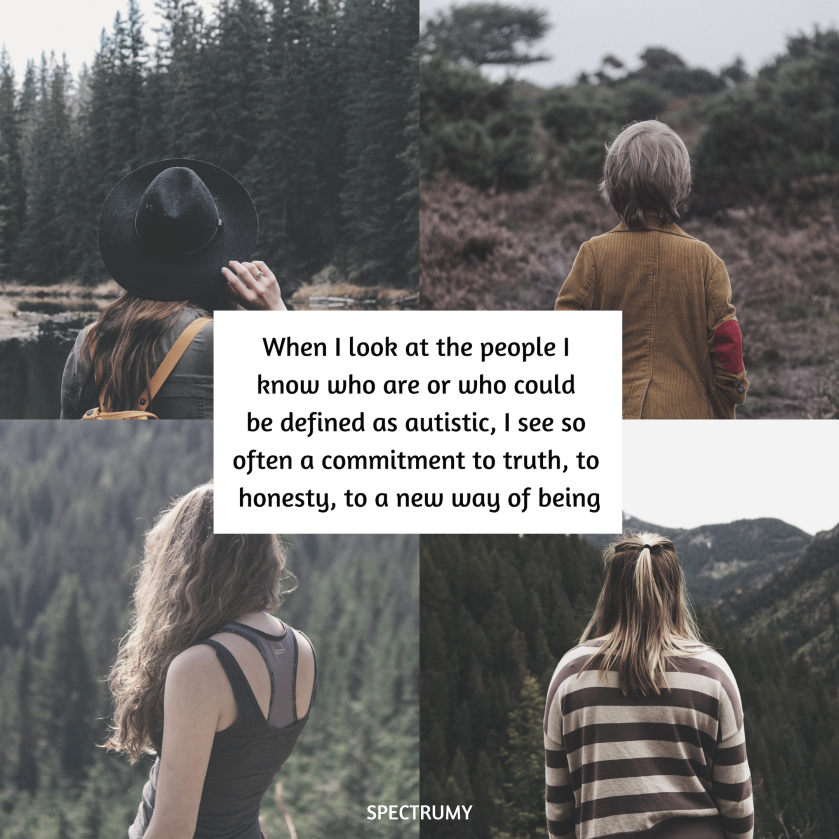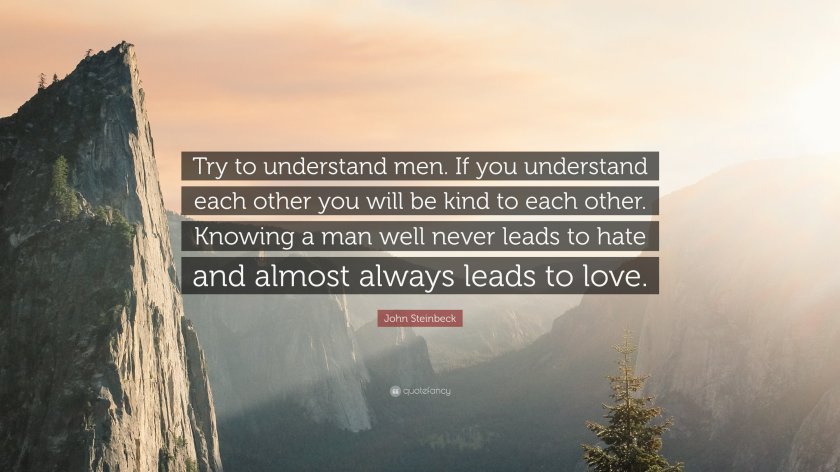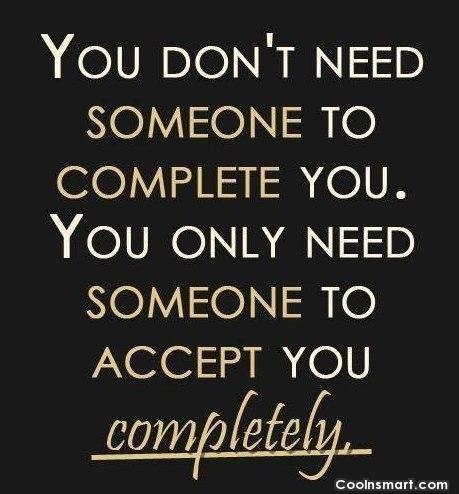Originally posted here – http://attachmentfeminism.com/a-hospital-birth-birth/
My darling, generous, giant-hearted boy,
You start to make your way on a Thursday night at 11.30. Your due date is the very next day, Friday 26th July 2013. A day longed for and feared.
See, I had experience of birth trauma, although not my own: I knew it to be real, had seen the marks it leaves. I feared childbirth so much as a consequence that as a teenager I decided not to have any children. And then something changed that. In September 2006 I had two visions (whilst reading ‘The Time Traveller’s Wife’ at 4am): of giving birth, and then of me walking hand in hand with a little boy. From that point on my life became a search for that little boy. A journey through diagnoses, despair and fertility treatment consumed the next 7 years. That journey took me to blogs like ‘Birth Without Fear’, and in the years before I fell pregnant I consumed birth stories, and they rewrote my understanding of it.

The one thing I continued to really fear was the Pitocin drip: the author of the aforementioned birth trauma focused on this drip and how to avoid it, and I decided not to accept induction until 42 weeks.
So I am thrilled when the first twinges of labour break. From the moment I feel the first contraction, I know this is it. You moving. And then… nothing.
Overnight, the contractions stop. In the morning of the day you are due, I visit the chiropractor, and walk the two miles home. The contractions start again, and I begin to lose my plug. Your daddy and I walk around a local wood, with me stopping to lean on him several times to breathe. It is SO exciting.
And then, again, nothing (apart from my bowels moving, and then some!). For the two days following, the pattern continues: contractions start, contractions stop. I almost break. I want you here so much. By the Sunday I fall into a despair, convinced you will never arrive. I will need that induction for sure.
Thank goodness for Emma, your doula! On Sunday evening I experience the worst pain I encounter during labour, excrutiating pain in my lower back and pelvis. It feels like I am being torn apart. I can feel it even now, almost two years later, as I write this. Sharp, unremitting pain. Terrified, I ask Pete to ring Emma. She knows I am discouraged, and advises us to go to the hospital. Her advice is that having an examination and seeing progress will encourage me. So off we trundle, birth bags in hand, at almost midnight on Sunday 28th.
An examination reveals 1-2cm dilation and semi effaced, and a sweep proves easy to do. I am ecstatic! The midwife phones the birth centre and tells them to expect me the next day. She also tries to talk me into staying for an induction (can you not see I’m in labour, woman?!), as you’re an IVF baby now past 40 weeks. You’re OK, I’m OK, we’re all going to be OK. The consultant comes and is very amenable to an induction sometime after 41 weeks. We are ‘allowed’ home, and inside I’m singing.
And then labour really begins. Deep, grinding pain in my pelvis that requires me to move constantly. I know, know, know in my heart that you are back to back. I know too much about birth not to. But I try not to think about it, to convince myself otherwise.
All through your pregnancy I had felt so cautious about your birth. Before falling pregnant, I dreamt of a home birth. But then you arrived, and you demanded a different entrance. A home birth didn’t sit right. I opted for a stand alone birth centre, but whenever I pictured your birth, I couldn’t picture it happening there. I was worried I was setting myself up for failure, but I couldn’t force a vision that didn’t feel right. As I look back now, I see the holy spirit weaving throughout your pregnancy, warning and preparing me. I prepared for a natural birth, and yet also for a complicated birth, and a c section.
After labouring firstly in bed and then the living room overnight, I wake your dad shortly after 5am. He rings Emma at 6. It’s time to get this show on the road! Emma arrives and from this point things begin to get a little hazy, but I remember leaning over my birth ball on our bed, intermittently watching ‘Raising Helen’ and tuning into my hypnotherapy cd. I remember that so fondly. Your dad and Emma sit downstairs. Then I remember Emma timing contractions and your dad running a bath. I never make that bath as Emma estimates it’s time to go. I am so happy to get going. I feel anxious at home, knowing the drive awaits.
The drive is pure hell! We make it half way before I demand to get out the car and plead with Emma that I can’t do this. She tells me to get on my hands and knees in the footwell, leaning over the seat. I do this (to what I imagine must have been horror in your risk averse dad!), practise hypnotherapy, and wow, what a difference.
We pull in at the birth centre and I remember feeling so excited: here we are, where we are finally going to meet you. I am examined on arrival (with my explicit and fervent consent!) and found to be 4cm, and thence admitted. I am so glad to get that check and see how things have progressed, I feel so very proud of our progress, sweetheart. We are doing this thing.
It’s midday.
We labour for another four hours. And we labour everywhere! I like to be outside, and I like to walk, so that is what we do. I stand outside with you in a thunderstorm and wow that is special. A memory to truly treasure. The rain feels so good. I like to explore (you do, too!) and we explore the rest of the hospital. I don’t care what other patients or staff think. I am a woman in labour, I have waited my whole life for this, and I have special privileges.
After four hours I am checked again, and am found to still be 4cm. It’s disappointing, but I’m not that aware of it, as I’m away in my natal hypnotherapy zone. Normally things not going to plan really floor me. On reflection while that time exploring was so delightful, it probably didn’t help me ‘progress’. Now I am really concentrating on labouring, rather than wandering around nicely, and things really pick up. I start to doubt myself, and whether I can do this. I remember sitting in the toilet and asking myself, have I got what it takes. Are we really going to do this. Emma and Pete are applying counter pressure to my lower back almost constantly, I remember worrying in the back of my mind about how sore their hands must be getting, but not really caring too much!! One of my favourite memories of labour is during that time, I am draped over a birth ball, holding one of your babygrows in my hands. We hadn’t found out your sex but I remember holding that babygrow and thinking, ‘my son will be here soon’.
In another two hours I really want to get in the pool, so have another check. Success! I am 6cm, fully effaced, and elated. However, the midwife also finds you to be back to back, which is no surprise to me or Emma, but a surprise to her, as apparently from my bump shape you feel the right way round (I don’t know the science on this to back up my theory, but I put that down to having a large anterior placenta). She then notices a gap in front of your head, where your head is not fully covering the cervix. My hind waters have gone, but my front waters remain and the midwife worries that as they go, they will cause a cord prolapse. She recommends transferring to hospital as forceps are used to deliver in the case of a prolapse. However she is very low pressure and gentle, and assures us that it is entirely up to me. She then leaves us alone to decide. Pete and Emma encourage me that we can stay, but I have rarely felt so calmly decisive and assured as I did in that moment. The memory of that moment will always stay with me. With complete clarity I know I want to transfer to hospital. I think you told me you needed it.
So another tub has been run and abandoned!
An ambulance arrives for me; your daddy and Emma travel separately. Your dad is my strength and I hate being apart from him, even for half an hour, in such a vulnerable state. I feel pretty scared, and also surreally calm. My labour begins to slow down again. The nurses in the ambulance advise me that the doctor will recommend the drip, to move your head down into the correct position, covering the cervix. I remember feeling very calm and assured when this is suggested. I know what I want. I will accept the drip but before it is placed I want an epidural. I believe having this alongside the drip will help prevent trauma.
We arrive to a hospital in chaos. The other city hospital has closed their maternity unit and all traffic is rerouted. The one consultant on duty is in delivery after delivery and we wait for three hours to see her. Three hours! Those three hours were so tense. I walk up and down the short hospital corridor with your dad, feeling like a caged animal, willing my body to close up and my waters not to break. I have a few contractions but they barely trouble me. My mind is on other things and my body responds accordingly, helping keep you safe. When I look back I see that as such a strong time and I feel so proud of us, baby.
The doctor finally comes and we all agree on drip and epidural. I have an examination, and am found to be 4cm again, and my cervix has thickened up. Later a midwife tells me that this means I could never have been 6cm and fully effaced. I have read Ina May, luckily, and understand that my body has been closing up to protect you as I felt you were threatened. I feel really awed and proud of my body, and also intrigued to experience these things happening in real life instead of just through books and PC monitors. The epidural and drip are placed, and by this time it’s about midnight… four days exactly since my first contraction.
I don’t feel at ease or at peace in the hospital, the atmosphere is so tense and I can hear labouring women screaming in pain, which is really frightening. That sort of thing really affects me: I can’t watch violence on TV, I struggle to read the news, and I can’t block the noise out. I wonder how women can ever labour naturally under these circumstances. Luckily the epidural works well (apart from one time when I lie on my side too long – ouch!). I lie on my back all night, while Pete and Emma try to rest. My lovely saviour through the long night is my midwife Julie, the only midwife I remember by name. She is young and blonde, and we have a lot of the same ideas about birth. I feel as though she is our lifeline, baby, through that long night. Although I’m not in any discomfort, I miss labouring – the focus, the intensity, the activity. I observe transition – vomiting, shivering – as though it is happening to somebody else. I can’t sleep, I’m having my baby!
I am worried about the drip being turned up as I have heard of that happening without consent; luckily soon after it is placed the monitor picks up a heart irregularity in you, luckily because it is swiftly deemed not to be you after all, or anything to worry about, but because of this the drip stays low the whole time. I am so aware of God watching over us.
Finally I sleep, right before my examination. Julie checks me. Despite experiencing transition, I half expect to hear that there’s been no progress and it’s time for a c section; I’ve been preparing myself mentally all night. She’s quiet and my heart sinks, so I almost don’t believe it when she says that I’m fully dilated. Pete is awake and so excited! We’re going to meet you! I sleep as they give us another hour to help you descend.
I start pushing and it’s the flat-on-my-back, coached pushing that nobody wants. Julie has been replaced by two midwives I’m unfamiliar with. But I feel safe because Emma is there, protecting us, keeping us safe. Just her presence is so reassuring. I push for what feels like five minutes (in actual fact it is an hour and a half), with the epidural turned down so I can push more effectively – ouch! But it is very nice to feel like I am doing something again, engaged in getting you out. The midwives get excited as your head bobs down and then disappointed as it retreats up again. The midwife mentions the Dr, an episiotomy, forceps – and all of those things feel like threats. Like I am supposed to be scared and not want them, and as if they think I am a little girl who should try harder to avoid them. But I am not scared, I feel totally at peace, somehow I know that these things will be necessary and I want them to get on with it.
I wonder why they are waiting. Nothing makes much sense in my disjointed labouring brain, I am somewhere else, in labour zone. I’m here to do and a job and it needs to get done. The one midwife insinuates that I am not pushing hard enough because I am afraid of the pain and I wonder how much harder I should be trying?!?!
The doctor comes in, episiotomy cut, forceps applied. Blessed relief! I am so happy for them to do this. Quickly, quickly, baby, you are born. Back to back, still (thanks epidural!), and with a short cord wrapped around your neck, which Emma suspects stopped you descending. Nothing but nothing can quench my feeling of vindication. Daddy cuts your cord – very quickly and in haste, not delayed as we wanted, because of it being so tightly around your neck – and tells me with have a boy; it doesn’t seem real. You are taken for a little resuscitation. I could not be happier that this happened, was available to us, and that you are safe, but I will always feel a little sad that you didn’t get the blood from your placenta.
I am far too tired to take much in. The biggest surprise of childbirth is the exhaustion I feel afterwards. The rest of the day I spend watching you with your daddy in amazement, in between attempting to shower, wee, and greet grandparents. We are left in the delivery room amid the blood and the muck until nightfall, and it is far from glorious. But you are here. It doesn’t begin to sink in that you are mine for a couple of weeks, it’s a surprise to adjust to having a child after all we have been through to conceive you.
You are born just after 9am on the 30th July 2013, weighing 8lb 11.5oz. You are a boy, Samuel Joseph, just who God told us you would be: symbolic of his triumph, his glory, his neverending life. I love that you chose to be born facing up, it may not have been the easiest exit but you have always preferred to do things your own way. Emma reckons that had we not transferred from the birth centre when we did, we’d have had to transfer during pushing because of the cord issue. I am so so glad that that didn’t happen, and I feel you were warning me – we were in tune, and that’s why we were already at the hospital. I’m also so glad for the epidural. After four days of labour and pre-labour, and little sleep during that time, the respite it provided before I needed to push and face another two days without sleep was sorely welcome.
Baby, from the minute you arrive, I feel so empowered. I am superwoman. You make me a who I am, you take me from the painful world of infertility to motherhood and you help me to rise and shine. The glory and the reward is all the sweeter because I had that bloody drip and not only did we survive, baby, but we thrived! No trauma, but everything working together.
Your birth was so tough on you, my darling. I feel so conflicted to have found your birth so personally empowering while you were traumatised. Your head was so pointy and misshapen from the forceps, you cried the whole night your first night, and you struggled to feed until the next day. I am so sorry your experience was so rough. But I am so proud of you for how you recovered from it. Your head recovered quickly. You learnt to nurse by the day following your birth, you gained weight quickly and have steadily followed the 75th centile line your whole life. You have never yet spent a night crying again. You are so strong and so vibrant and people always comment on it, and on your confidence. I’d like to think this was down to how we parent and the people we are, but honestly sweetpea, it’s you: you came into our lives as you are, like a whirlwind, and you have remained constant, teaching us the things we have needed to learn (although we don’t often keep up!). You are completely and utterly different to me, and to your dad, and yet I see us come through now and again, in different ways: you have parts of us, and yet are entirely and undeniably yourself. We love to see you shine; we are so proud of you; now, then, and always.
I have heard often that women feel failures when their bodies don’t progress on schedule, or that they are broken for accepting intervention. I don’t feel that. I feel that everything was in tune: you, me, the holy spirit. Mostly, I feel I look back and think, yes, that is how it was supposed to go. That is how you were supposed to be born. That is how I was supposed to become a mother. Sure, if we get a next time, I’d love one of those beautiful peaceful births. Who wouldn’t?! Maybe even at home. But, baby, if that had happened with you I would have gained so much less. I would still have lived in fear of that drip. I would still have doubted my body and my tenacity. I would have worried, in the case of conceiving again, and lived under the same reality of birth trauma my whole pregnancy. You freed me from birth trauma, you took how I saw birth and turned it on it’s head. You taught me that I can trust in my faith. And I’m sorry that you suffered in the process, and hope to never take that away from you.
Your birth wasn’t perfect. It was messy and there were bits that I would have changed: the way the midwife spoke to me, the way we felt abandoned and forgotten about after your birth, being separated from your father in the ambulance. How tired I felt afterwards! But there was much, much more that was way, way better than I could have ever hoped or imagined. In the week after your birth I tried to talk to anyone and everyone about your birth. It mattered not that no-one was interested or that they often preferred me not to. I had been through this amazing life changing experience and I wanted to share it with the world, even the gore and the muck; I couldn’t hold it in. And that feeling, that feeling was very precious.
